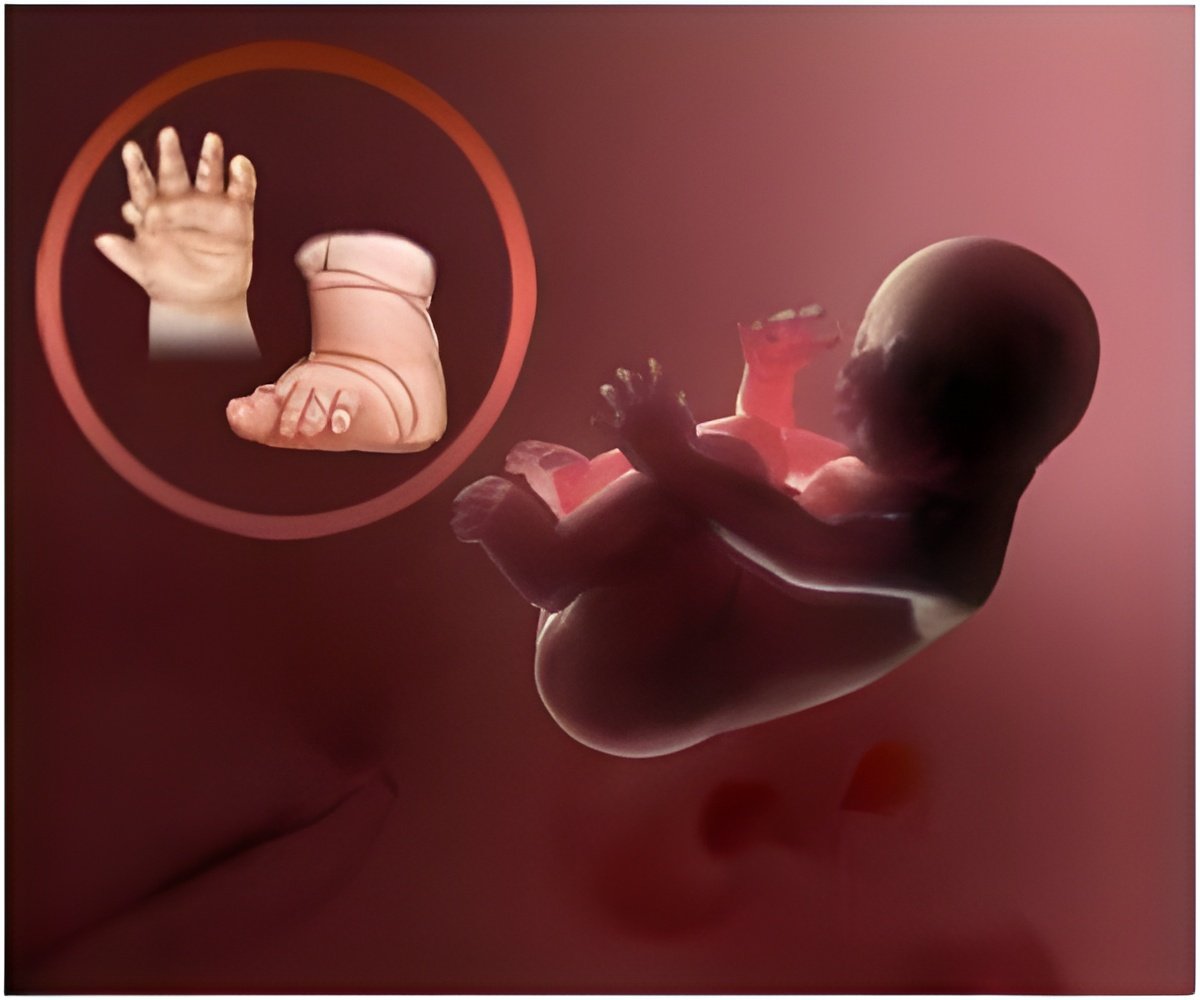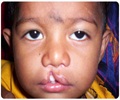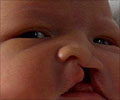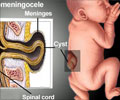Eastern Africa newborns are nearly five times more likely to have neural tube defects (NTD) compared to those in the United States.

‘The researchers found that the prevalence of spina bifida was two times higher than anencephaly and 10 times higher than encephalocele. The researchers also found NTD rates have increased over the past 40 years at a rate of roughly 4% per year.’





However, this is problematic for women living in developing countries, where foods are not fortified with folic acid and supplementation is seldom part of prenatal care. The researchers said that fortifying foods with folic acid and promoting supplements could help improve health outcomes for neonates in low- and middle-income countries. “The burden of neural tube defects in Eastern Africa is unacceptable,” said lead investigator Dr. Paddy Ssentongo, assistant professor in the Department of Public Health Sciences. “Cost-effective interventions including fortifying stable foods with folic acids should be a priority in countries that have not mandated this practice.”
Using PubMed, Embase and Cochrane Library databases, the researchers conducted a systematic review and meta-analysis of 20 studies published through December 2021. They examined and analyzed data from 752,936 individuals living in east African countries, such as Ethiopia, Tanzania, Uganda, Kenya, Malawi and Eritrea that had data on the prevalence of neural tube defects detailed the following conditions:
Common Birth Defects
Spina bifida occurs when the spinal cord improperly forms during the first trimester of pregnancy.Anencephaly is often fatal and results when a baby is missing parts of their brain and has an incomplete skull.
Encephalocele happens when a flesh-covered sac forms and protrudes outside of the skull.
Advertisement
“Societal and economic consequences of NTDs are catastrophic,” said senior author Dr. Alain Zingraff Lekoubou Looti, assistant professor in the Department of Neurology and Penn State Neuroscience Institute researcher. “It is our hope that the results of this study contribute to making NTD prevention a high priority among local and regional governments.”
Advertisement
In addition to dietary concerns and poverty, the researchers mentioned another factor that may be linked to the high rates of birth defects. East Africa has a high prevalence of HIV and epilepsy too. As a result, many women use antiretroviral therapy (ART) and antiepileptic drugs (AEDs) during pregnancy.
Studies have shown that some ART and AEDs drugs are associated with spinal tube defects. The investigators suggested increasing awareness about these risk factors. They stressed the importance of folic acid for women of childbearing age and establishing specialized centers to provide follow-up care to babies born with NTDs.
Source-Newswise









